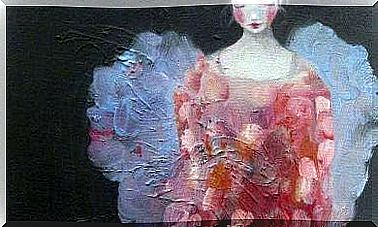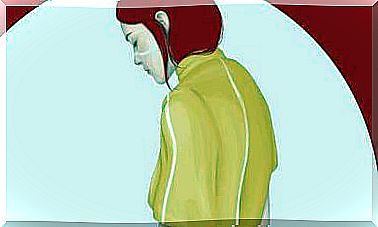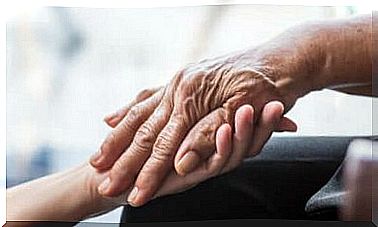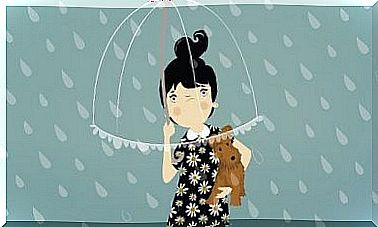Expectations Are A Source Of Frustration

Expectations arise from assumptions that are based on what we think we want based on the teaching we have received or what we have learned.
Often our expectations drift away from reality and leave us in the grip of frustration.
It is inevitable to have expectations of someone or something, as we all gradually form them through an automatic process that takes place in our mind.
We also have expectations of ourselves, of how we should behave or what we should aspire to.
The beliefs that we develop in our head build our world and our reality.
Expectations are a key element that influences both our relationships with others and our self-image.

We influence our expectations and these influence us in return
Cultural expectations are those we share with society. They correspond to what is well seen, or on the contrary, to what is not acceptable and which must be rejected.
We enter without realizing it in this game of expectations which is an integral part of our culture.
We try to adapt to what we are supposed to do so that we don’t find ourselves excluded or isolated.
The image of ourselves that we have created is loaded with expectations: those of our parents, our family, our teachers, our classmates, our friends, our spouse, etc.
What others expect of us inevitably influences us as we create our concept of ourselves.
This is how the famous psychological success called the Pygmalion effect appears.
The beliefs and expectations we have about a person influence their performance and the way they behave.
In turn, this will lead that person to develop beliefs about themselves as to what they can and cannot accomplish.
The trap of expectations
Are we really living the life we want to lead? Are we making our decisions based on what we want?
It is good to ask yourself these questions about whether we are living our life according to what we want, or according to the expectations that others have on us.
To be a good worker, a good student, a responsible person, to take care of his family, to be a friendly, cheerful young girl who never creates a problem; be polite, friendly, etc.
This is a set of obligations that are imposed on us, to which we believe we must submit, because we are like that, we cannot get out of this pattern.
What happens when we break out of this pattern?
There is a feeling of frustration in people who always see us in this role of the person who matches their expectations.
If we react in a way that was not intended or if we decide to behave in a different way, our relationships change. We feel guilty for disappointing others.
Free ourselves from expectations
Freeing ourselves from the expectations that others place on us is already a big step, and it is a difficult task that requires a lot of courage.
If we come to understand that we have not failed, that disappointment and frustration belong to others, and that society has beliefs about what we should do, then we are realizing that we cannot constantly live behind this mask, and that we finally wake up from our lethargy.
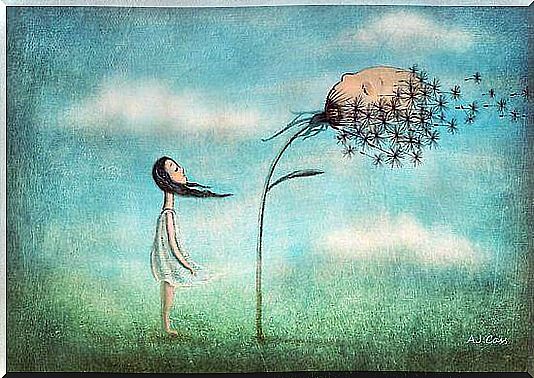
Comply with our experiences
Our experience and what we learn from each situation we go through shapes us in some way, giving some form to our expectations of ourselves or of others.
We gradually understand that the frustration that arises in us after realizing that a person is not who we thought they were, is the product of our own illusion.
People don’t all come out of the same mold, and there are a multitude of factors that influence the way we behave and the decisions we make.
We need to go through a process of change to know and decide who we want to be.
If we have been disappointed because we expected something from others, it is all our fault.
It is our responsibility to accept that disappointment results from our beliefs, and the expectations we have for ourselves.
The other person has every right not to be what we are expecting from him.
If we understand the process and the mechanism inherent in our expectations, we minimize their importance, and we become increasingly understanding, tolerant and flexible people.
We accept and love the people around us for who they are, and we love ourselves for who we are, with our share of mistakes and successes.
We allow ourselves to be as we want to be, as we need to be; we allow others to be as they want and as they need to be.


